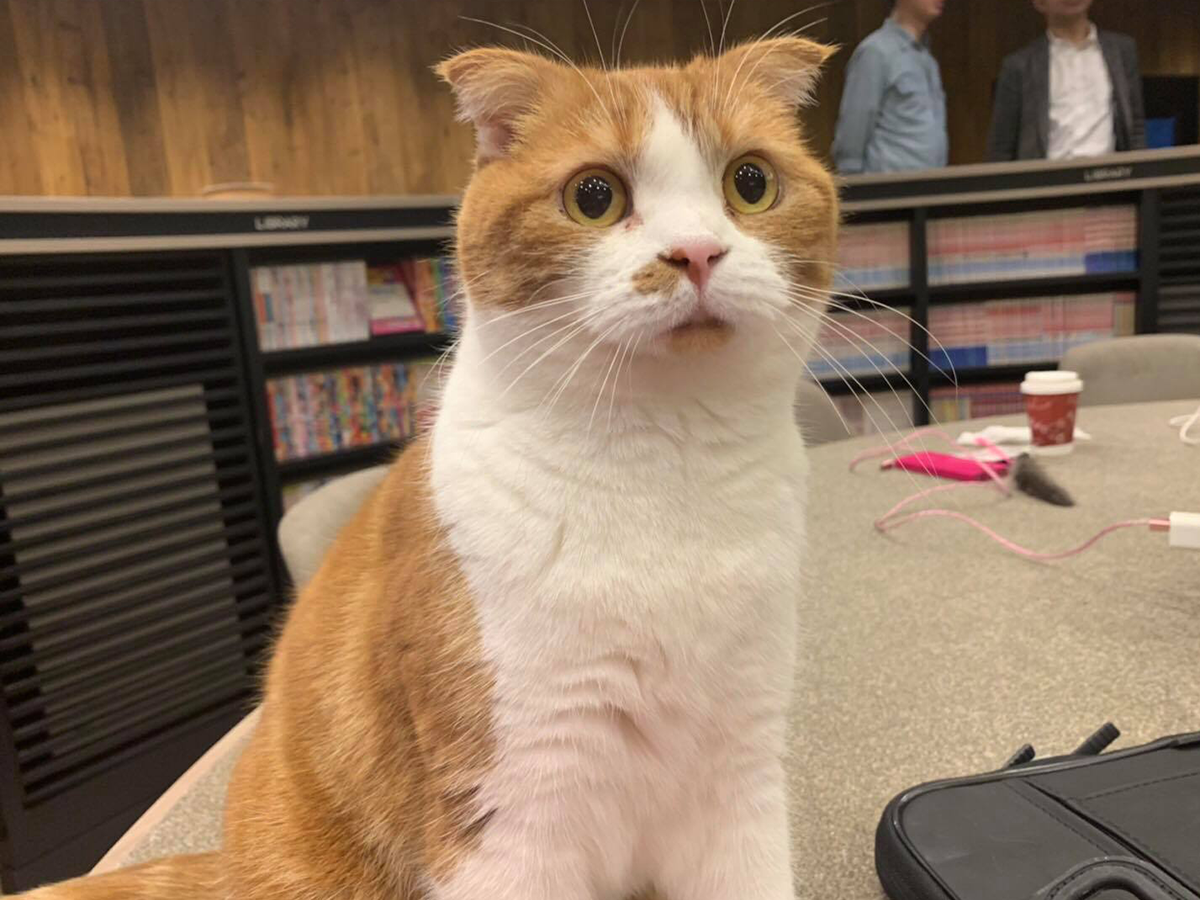
© Grape Japan
Japanese Study Confirms Cats Do Know When You Call Their Name, They’re Just Ignoring You
- Source:
- Scientific Reports
- Tags:
- Cats
Related Article
-

Snowplow or miaow? Video of Japanese cat charging through snow unaffected amazes Twitter
-

Japanese cat’s reaction to being called by owner is so weird but still adorable
-

Cat’s incredibly human sleepy look hypnotizes Twitter
-

Japanese artist stuns Twitter with purrfectly realistic cat drawing
-

Japanese designer creates incredibly realistic cuddling cat dolls with flesh and bone structure
-

Cat and futon blown in the wind adorably brings Japanese pun to life


We’ve always suspected it, but this Japanese study has made some headway into scientifically proving it. Cats do know when they’re being called, they are just purposefully ignoring you unless you can offer them something of value.
While many studies have been carried out to test the ability of dogs to distinguish human speech, research in the same area for cats has been lacking. Since dogs can be trained to retrieve different objects, it was easier to test how well they can understand certain words. Cat owners can probably attest to the fact that training cats in this manner would be very time consuming, and knowing the willful nature of cats, it would probably produce questionable results.
The research team at Sophia University in Tokyo which conducted the study, came up with a different approach to test the hypothesis. They studied 78 cats, both pets and cat cafe residents, and tested their reactions to 4 utterances: the cat’s name, and three other similar words.
© Grape Japan
The other words drew little reaction, but when the cats name was said, many of the cats moved their heads and ears slightly, showing that they could distinguish the name from the rest of the human speech.
But according to the study report, it’s probably not the case that the cats recognise the utterance as their name. Although they can distinguish different phonemes, it’s likely that they just associate that sound either with something good like being fed, or a stressor like going to the vet, which accounts for slight reactions they displayed.
The research team hope this information can facilitate better communication between cats and humans, even if ignored cat owners have to get over their feeling of betrayal first...
The full study can be read on Scientific Reports.